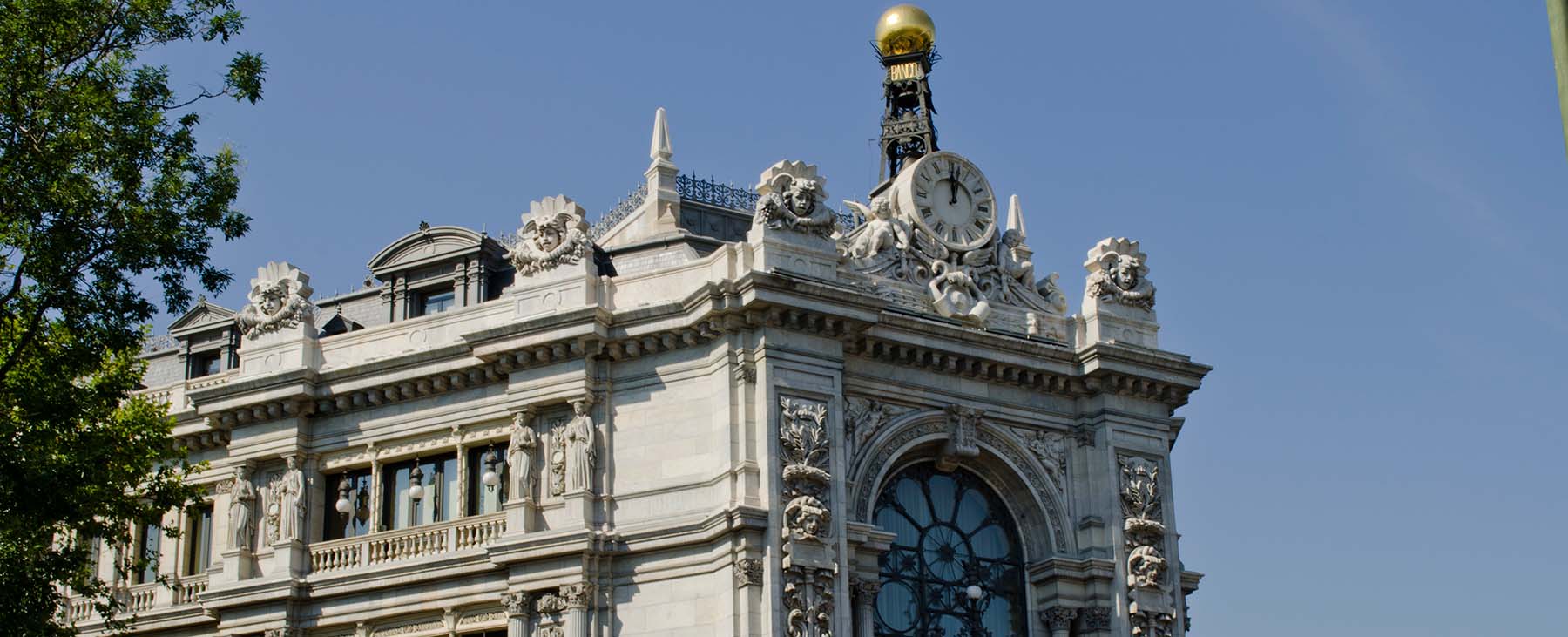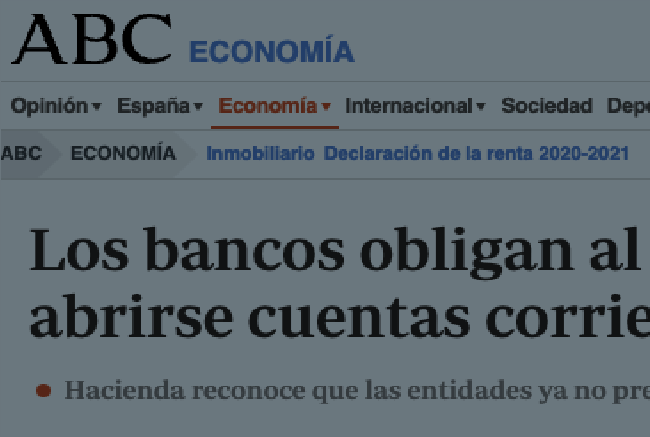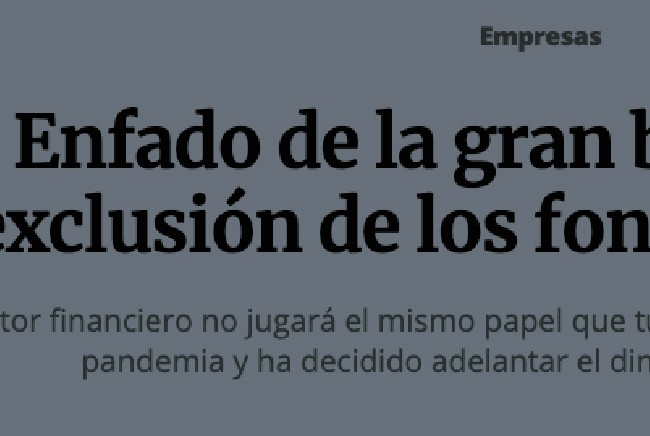

The Icelandic example that Spain did not follow
The bailout of the Spanish banking system required the injection of more than 100 billion euros, which did not help the economy to take off. Was another formula possible? The truth is that Iceland emerged stronger from the great financial crisis it experienced between 2007 and 2009.
These days mark the tenth anniversary of the Spanish government’s decision to take control of Bankia, at that time the fourth-largest financial institution in Spain. It did so by converting a loan of almost 4.5 billion euros into shares. The entity ended up merging with CaixaBank in 2020, or being absorbed by the latter, depending on how you want to see it.
“There is no cost to Spanish taxpayers,” said Luis de Guindos, the economy minister, during the days of the intervention. However, what in principle was not going to cost the state has ended up with a capital injection of more than 22,000 million euros, although it may end up recovering part of it one day.
Bankia is one more in the list of financial institutions bailed out by the Spanish state in the wake of the 2008 financial crisis, which also led to the intervention of Caja de Ahorros del Mediterraneo, Banco de Valencia, CatalunyaCaixa, NovaCaixaGalicia, Unnim, Caja de Ahorros de Castilla-La Mancha, Cajasur, Banco Mare Nostrum, Banco CEISS, Banco Gallego, Banca Cívica, Grupo Cajatres, Liberbank and Caja Rural Mota del Cuervo.
In total, the Tribunal de Cuentas has quantified the resources allocated to the restructuring of these institutions, which have ended up being absorbed by the large Spanish banks, at more than 122 billion. The Fondo de Reestructuración Ordenada Bancaria (FROB) committed more than 77 billion euros; the Fondo de Garantía de Depósitos, more than 35 billion, and the Bank of Spain, almost 10 billion.
Money difficult to recover
The European Central Bank acknowledged in a 2015 report that the capital injections to banks were made in such a way that the repayment of public money was unfeasible.
In reality, it was a kind of gift of billions to the banking lobby. Many securities were acquired for more than their real value, and it was clear that a significant part of the assets transferred to the Sociedad de Gestión de Activos Procedentes de la Reestructuración Bancaria (Sareb) would generate huge losses for the State. According to estimates by the Bank of Spain, the financial rescue will end up costing the taxpayer a minimum of 60.6 billion euros.
Is such a public outlay justifiable? After the experience of the Great Depression in the United States following the crash of 1929, in which the collapse of the financial sector had a devastating effect on the rest of the economy, many experts have defended the advisability of bailing out banks too big to fail to avoid an economic collapse.
The argument is that taxpayers are less burdened by the bailout than by the consequences of the recession. However, not all countries have followed the academic orthodoxy.
The Icelandic way
In 2000 Iceland was a country of 300,000 people with a GDP of less than 10 billion euros. But in a few years its banking sector hypertrophied thanks to succulent interest rates that attracted large amounts of deposits from other countries.
The boom of its financial institutions made the country take off, more than doubling its GDP between 2001 and 2007. Credit flowed into the island like manna, and the Icelandic króna soared on the foreign exchange market.
However, the collapse of Lehman Brothers in September 2008 burst the Icelandic bubble. Within days, the island’s three main financial institutions (Glitnir, Landsbanki and Kaupthing) went into receivership.
Instead of injecting billions into these private banks, Iceland let them collapse and created new entities to manage the wreckage. After multiple protests, the resignation of a government and several referendums, the country decided to safeguard Icelanders’ deposits and refused to take over the huge amount of foreign deposits.
Admittedly, this did not come at no cost to taxpayers, as Iceland spent 20% of GDP on cleaning up the sector, according to OECD. But the economy bounced back strongly in the following years. After a fall of almost 40% between 2007 and 2009, GDP rebounded again and in 2017 was already above pre-crisis levels. By contrast, Spain has never recovered the 2008 figures.
11Onze is the community fintech of Catalonia. Open an account by downloading the app El Canut for Android or iOS and join the revolution!
Leave a Reply
You must be logged in to post a comment.





gràcies
Gràcies a tu, Joan, per ser-hi i per seguir-nos!!!
Una lliçó del govern d’un país petit que va donar veu a la gent per veure com se n’havien de sortir
Bé, que jo sàpiga, allà els polítics varen haver de sortir cames ajudeu-me… Això mateix hauria de passar aquí, que ens la foten cada dos per tres, i, clar, a més a més sempre mirant per ells, pel seu partit, per les empreses de l’Ibex 35, i pel poder fàctic. Moltes gràcies pel teu comentari, Francesc!!!
Molt bon article.
Espanya mai defrauda.
Tens tota la raó del món. i moltes gràcies pel teu comentari, Manel!!!
Moltes gràcies. Ara pregunto…. Ara que la caixa és la propietària de Bankia, pagarà dels beneficis d’aquest any una part al poble???
Clar que no, diran que era cosa de Bankia i, per tant, que no és cosa seva… La qüestió és anar-nos fotent a tots nosaltres, al poble i la gent que no toca el poder, perquè ja saps, el poder sol ser corrupte. Moltes gràcies pel teu comentari, Carles!!!
Bona informació. A l’ideari popular, al menys el català hi ha quedat Bankia, però l’estafa va molt més enllà.
El rescat es va fer amb l’argument del mal menor, que es converteix en xantatge quan s’aplica sovint, el perjudicat és el que no té ni vot ni veu en la possible solució i el guanyador és qui la posa sobre la taula.
Em queda el dubte de si Islàndia se n’hagués sortit si fos un país gran, més difícil de gestionar.
La qual cosa em referma amb la creença que el món aniria més bé sense els grans estats.
Doncs sí, crec que estàs encertada en tot el que acabes de dir, Mercè… Moltes gràcies pel teu preuat comentari!!!